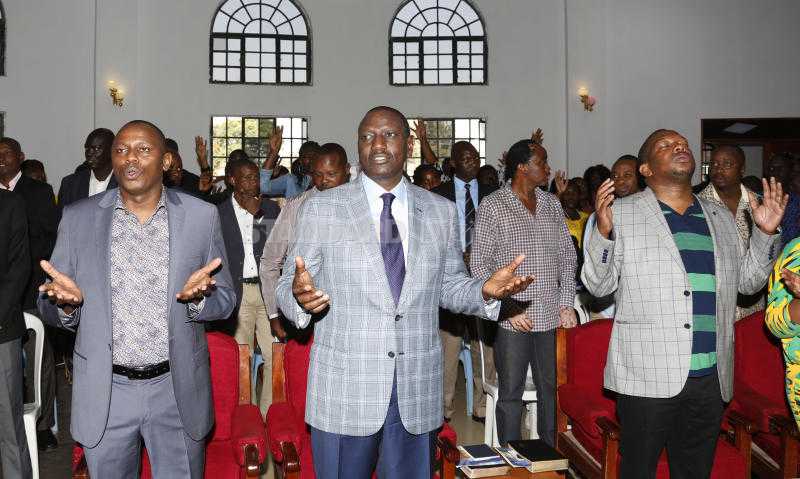×
The Standard e-Paper
Smart Minds Choose Us

Civil servants could get a pay rise within weeks as the Government races to bring sanity to the labour market ahead of Labour Day celebrations on May 1.
MPs have awarded teachers, lecturers, doctors and the disciplined forces Sh45 billion, a move that could see university students back to class.